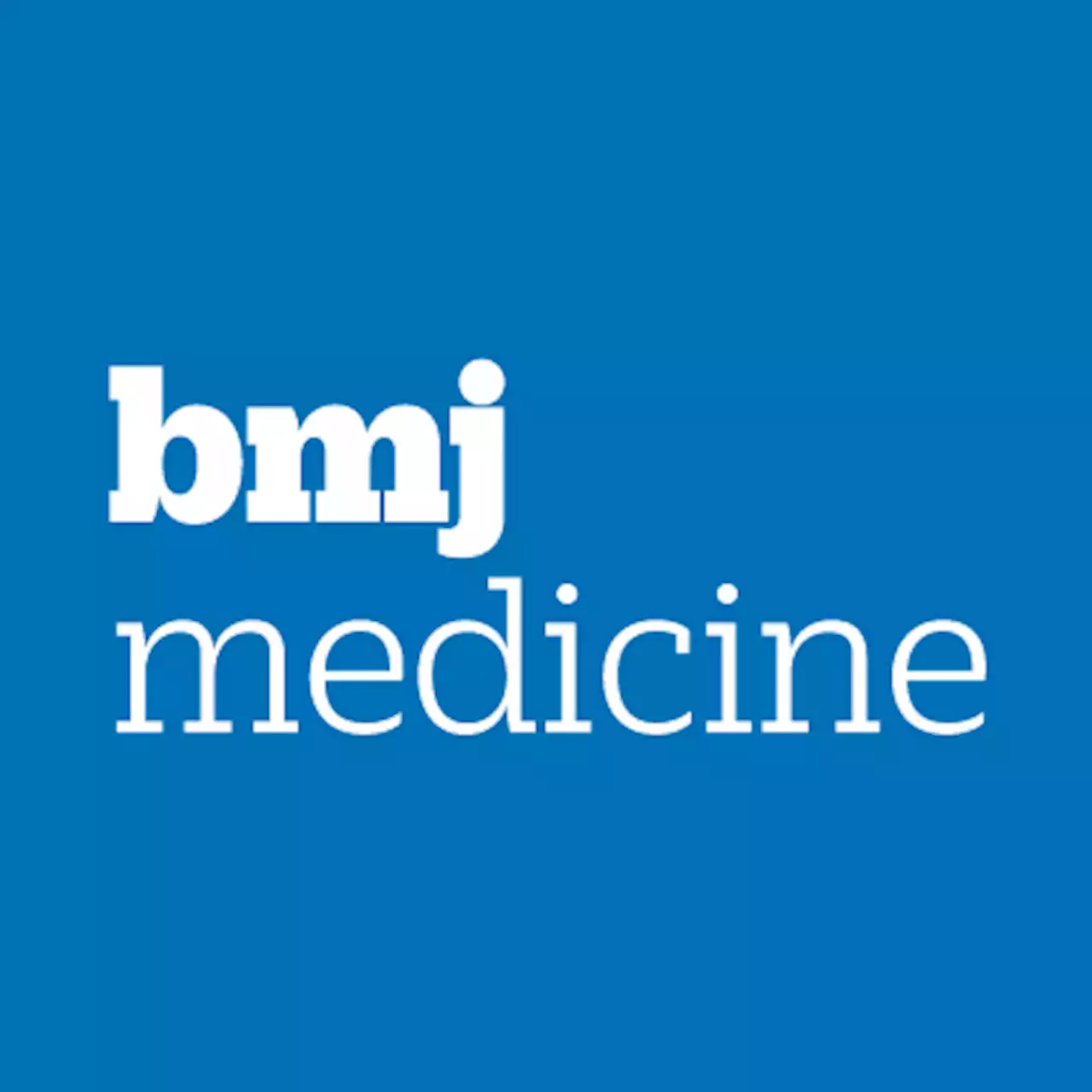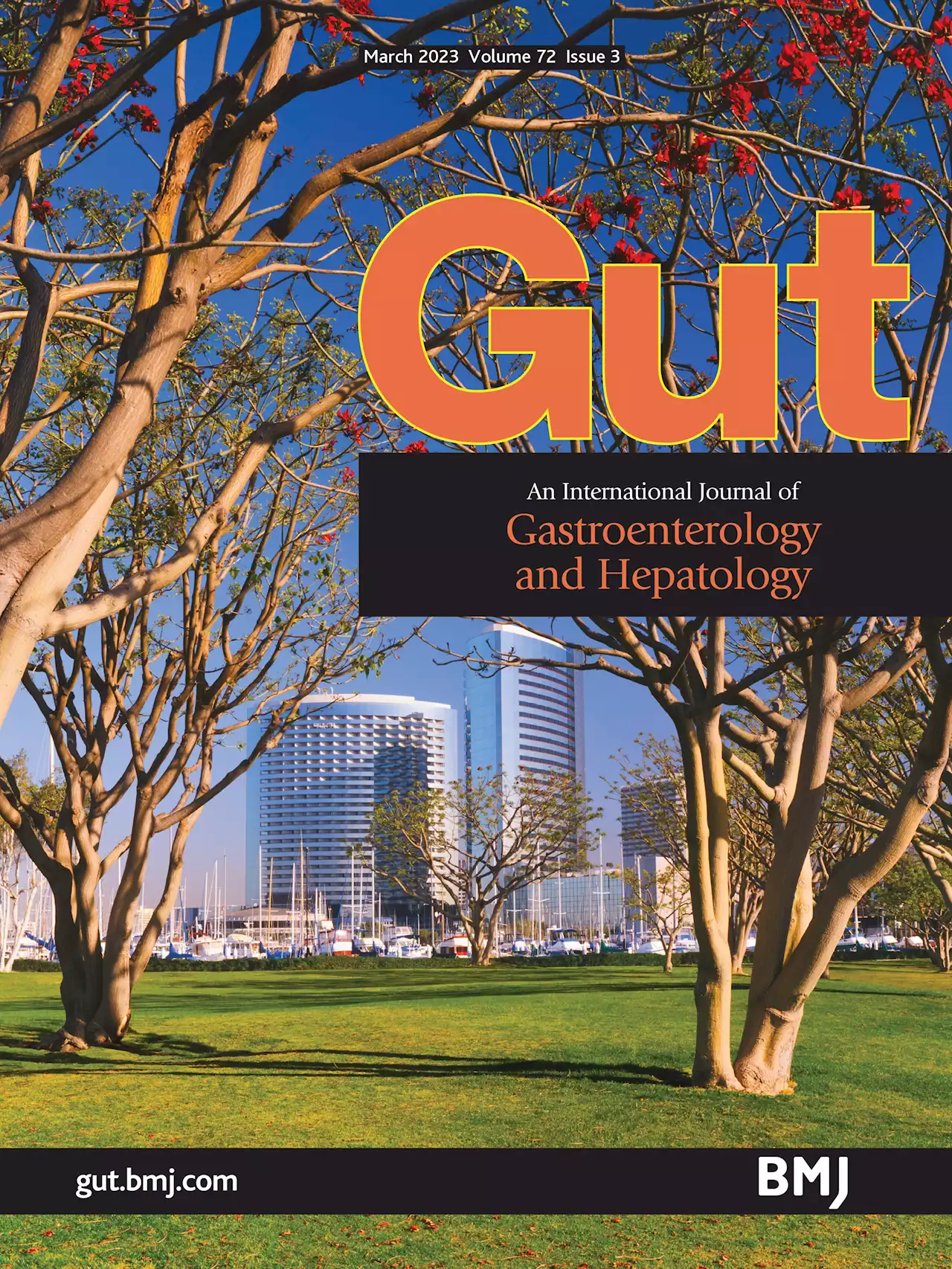Pregnantwomen diagnosed with cancer don't get the emotional support they need due to research gap, finds study uniofsurrey BMJ_Open
Somewhat surprisingly this study suggested that both positive coping and blaming coping strategies were associated with lower distress for women and their partners compared with internalising coping . The authors concluded that couples using internalising strategies may need greater psychosocial support from HCPs.
However, overall, little is known about the potential long-term impact of different coping styles, or the role of self-regulation and self-efficacy and how these may affect appraisal of goals and coping in this context.Our second aim was to explore the supportive care interventions available in the peer-reviewed literature. We found no studies reporting interventions or programmes tailored for women or their partners diagnosed with cancer during pregnancy.
None of the studies explored how disease characteristics may impact cognitive and emotional representations, coping and, therefore, psychosocial response. The methodological focus on retrospective accounts means the samples were likely to be biased towards including women diagnosed at an earlier cancer stage, with better cancer outcomes, and as a result little is known about end-of-life decision-making in this group.
Despite the diverse population from the many countries included in these studies, it appears that the samples overwhelmingly represent the experience of white women in stable heterosexual relationships. There was little or no evidence about the impact of the cancer diagnosis on women or their partners in the context of complex healthcare needs and important social characteristics such as language barriers, ethnicity, being single or the role of religiosity/spirituality.
We found few studies focused on the experience of pathways to receiving a cancer diagnosis. There was a suggestion that women do not experience diagnostic and treatment delay intervals after first contact is made with HCPs.
France Dernières Nouvelles, France Actualités
Similar News:Vous pouvez également lire des articles d'actualité similaires à celui-ci que nous avons collectés auprès d'autres sources d'information.
 Reproductive outcomes in women and men conceived by assisted reproductive technologies in Norway: prospective registry based studyObjectives To determine whether the perinatal outcomes of women or men who were conceived by assisted reproductive technologies are different compared with their peers who were naturally conceived. Design Prospective registry based study. Setting Medical Birth Registry of Norway. Participants People born in Norway between 1984 and 2002 with a registered pregnancy by the end of 2021. Exposure People who were conceived by assisted reproductive technologies and have had a registered pregnancy. Main outcome measures Comparing pregnancies and births of people who were conceived by assisted reproductive technologies and people who were naturally conceived, we assessed mean birth weight, gestational age, and placental weight by linear regression, additionally, the odds of congenital malformations, a low 5 min Apgar score (|7), transfer to a neonatal intensive care unit, delivery by caesarean section, use of assisted reproductive technologies, hypertensive disorders of pregnancy and pre-eclampsia, preterm birth, and offspring sex, by logistic regression. The occurrence of any registered pregnancy from people aged 14 years until age at the end of follow-up was assessed using Cox proportional regression for both groups. Results Among 1 092 151 people born in Norway from 1984 to 2002, 180 652 were registered at least once as mothers, and 137 530 as fathers. Of these, 399 men and 553 women were conceived by assisted reproductive technologies. People who were conceived by assisted reproductive technologies had little evidence of increased risk of adverse outcomes in their own pregnancies, increased use of assisted reproductive technologies, or any difference in mean birth weight, placental weight, or gestational age. The only exception was for an increased risk of the neonate having a low Apgar score at 5 min (adjusted odds ratio 1.86 (95% confidence interval 1.20 to 2.89)) among women who were conceived by assisted reproductive technologies. Odds were slightly decreased of havi
Reproductive outcomes in women and men conceived by assisted reproductive technologies in Norway: prospective registry based studyObjectives To determine whether the perinatal outcomes of women or men who were conceived by assisted reproductive technologies are different compared with their peers who were naturally conceived. Design Prospective registry based study. Setting Medical Birth Registry of Norway. Participants People born in Norway between 1984 and 2002 with a registered pregnancy by the end of 2021. Exposure People who were conceived by assisted reproductive technologies and have had a registered pregnancy. Main outcome measures Comparing pregnancies and births of people who were conceived by assisted reproductive technologies and people who were naturally conceived, we assessed mean birth weight, gestational age, and placental weight by linear regression, additionally, the odds of congenital malformations, a low 5 min Apgar score (|7), transfer to a neonatal intensive care unit, delivery by caesarean section, use of assisted reproductive technologies, hypertensive disorders of pregnancy and pre-eclampsia, preterm birth, and offspring sex, by logistic regression. The occurrence of any registered pregnancy from people aged 14 years until age at the end of follow-up was assessed using Cox proportional regression for both groups. Results Among 1 092 151 people born in Norway from 1984 to 2002, 180 652 were registered at least once as mothers, and 137 530 as fathers. Of these, 399 men and 553 women were conceived by assisted reproductive technologies. People who were conceived by assisted reproductive technologies had little evidence of increased risk of adverse outcomes in their own pregnancies, increased use of assisted reproductive technologies, or any difference in mean birth weight, placental weight, or gestational age. The only exception was for an increased risk of the neonate having a low Apgar score at 5 min (adjusted odds ratio 1.86 (95% confidence interval 1.20 to 2.89)) among women who were conceived by assisted reproductive technologies. Odds were slightly decreased of havi
Lire la suite »
 Post COVID-19 irritable bowel syndromeObjectives The long-term consequences of COVID-19 infection on the gastrointestinal tract remain unclear. Here, we aimed to evaluate the prevalence of gastrointestinal symptoms and post-COVID-19 disorders of gut–brain interaction after hospitalisation for SARS-CoV-2 infection. Design GI-COVID-19 is a prospective, multicentre, controlled study. Patients with and without COVID-19 diagnosis were evaluated on hospital admission and after 1, 6 and 12 months post hospitalisation. Gastrointestinal symptoms, anxiety and depression were assessed using validated questionnaires. Results The study included 2183 hospitalised patients. The primary analysis included a total of 883 patients (614 patients with COVID-19 and 269 controls) due to the exclusion of patients with pre-existing gastrointestinal symptoms and/or surgery. At enrolment, gastrointestinal symptoms were more frequent among patients with COVID-19 than in the control group (59.3% vs 39.7%, p|0.001). At the 12-month follow-up, constipation and hard stools were significantly more prevalent in controls than in patients with COVID-19 (16% vs 9.6%, p=0.019 and 17.7% vs 10.9%, p=0.011, respectively). Compared with controls, patients with COVID-19 reported higher rates of irritable bowel syndrome (IBS) according to Rome IV criteria: 0.5% versus 3.2%, p=0.045. Factors significantly associated with IBS diagnosis included history of allergies, chronic intake of proton pump inhibitors and presence of dyspnoea. At the 6-month follow-up, the rate of patients with COVID-19 fulfilling the criteria for depression was higher than among controls. Conclusion Compared with controls, hospitalised patients with COVID-19 had fewer problems of constipation and hard stools at 12 months after acute infection. Patients with COVID-19 had significantly higher rates of IBS than controls. Trial registration number [NCT04691895][1]. Data are available upon reasonable request. Data are available on reasonable request. All figures have associated ra
Post COVID-19 irritable bowel syndromeObjectives The long-term consequences of COVID-19 infection on the gastrointestinal tract remain unclear. Here, we aimed to evaluate the prevalence of gastrointestinal symptoms and post-COVID-19 disorders of gut–brain interaction after hospitalisation for SARS-CoV-2 infection. Design GI-COVID-19 is a prospective, multicentre, controlled study. Patients with and without COVID-19 diagnosis were evaluated on hospital admission and after 1, 6 and 12 months post hospitalisation. Gastrointestinal symptoms, anxiety and depression were assessed using validated questionnaires. Results The study included 2183 hospitalised patients. The primary analysis included a total of 883 patients (614 patients with COVID-19 and 269 controls) due to the exclusion of patients with pre-existing gastrointestinal symptoms and/or surgery. At enrolment, gastrointestinal symptoms were more frequent among patients with COVID-19 than in the control group (59.3% vs 39.7%, p|0.001). At the 12-month follow-up, constipation and hard stools were significantly more prevalent in controls than in patients with COVID-19 (16% vs 9.6%, p=0.019 and 17.7% vs 10.9%, p=0.011, respectively). Compared with controls, patients with COVID-19 reported higher rates of irritable bowel syndrome (IBS) according to Rome IV criteria: 0.5% versus 3.2%, p=0.045. Factors significantly associated with IBS diagnosis included history of allergies, chronic intake of proton pump inhibitors and presence of dyspnoea. At the 6-month follow-up, the rate of patients with COVID-19 fulfilling the criteria for depression was higher than among controls. Conclusion Compared with controls, hospitalised patients with COVID-19 had fewer problems of constipation and hard stools at 12 months after acute infection. Patients with COVID-19 had significantly higher rates of IBS than controls. Trial registration number [NCT04691895][1]. Data are available upon reasonable request. Data are available on reasonable request. All figures have associated ra
Lire la suite »
 Combined and progestagen-only hormonal contraceptives and breast cancer risk: A UK nested case–control study and meta-analysisIn a UK nested case-control study and subsequent meta-analysis, Kirstin Pirie and colleagues explore the association between combined and progestogen-only hormonal contraceptives and the risk of breast cancer.
Combined and progestagen-only hormonal contraceptives and breast cancer risk: A UK nested case–control study and meta-analysisIn a UK nested case-control study and subsequent meta-analysis, Kirstin Pirie and colleagues explore the association between combined and progestogen-only hormonal contraceptives and the risk of breast cancer.
Lire la suite »
 Corrie fans convinced Sarah Platt will have a baby with DamonClues to possible pregnancy twist appeared this week
Corrie fans convinced Sarah Platt will have a baby with DamonClues to possible pregnancy twist appeared this week
Lire la suite »